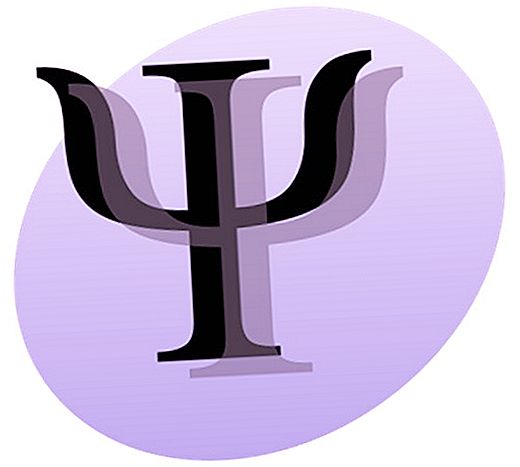A psychologist is a person with an unusual fate. This profession is difficult to relate to others close to it. Even with those where help is also paramount to people - doctors, teachers. A psychologist must penetrate into the very depths of a person’s personality, if he sincerely wants to help him, to understand the subtle nuances of motivation. What is another feature of this profession?

Let's see if everyone is interested in the origins of behavior, hidden and not always conscious for the person himself motivation for any actions? Of course not. Such interest is very specific and is not so common. And this suggests that not every person can and should be a psychologist. Usually, such an interest, so necessary for this profession, manifests itself from childhood. It is hardly possible to instill it artificially.
Does everyone have a desire to help others, are interested in the fact that the life of another has changed for the better? No again. Each has its own goals, its own orientation. The desire to help another person, so necessary in the profession of a psychologist, implies the dedication of one's strengths and personal resources. Not everyone can afford it.
Let's ask a question: does the desire to help others arise as a result of our own efforts or appears in the process of life, living a diverse experience that happens to a person? This question is not easy to answer. The appearance or absence of this desire is influenced by both external circumstances of life and family traditions, one’s own search for a person, inner circle, etc. However, it is hardly possible to imagine a situation that a person who does not have a desire to help other people will carefully cultivate it. What for? Have you met such people? Will such a person do something that will interest him and meet already formed interests and desires? More often, a person’s life path is formed under the influence of a desire to help others and ultimately leads a person to that sphere of activity where he can realize his aspirations.
So far, it turns out that the profession of a psychologist is more a vocation than a profession in its traditional sense - as the ability to qualitatively perform a certain type of activity. But let's see if this is really so.
In addition to such necessary personal qualities as an interest in the depths of the human psyche and a desire to help other people, in the psychology profession it is necessary to have the ability and means to realize these qualities. Otherwise, we get an interested, kind, compassionate, but completely helpless, powerless and unable to change anything person. And, of course, understanding the whole depth of human suffering, but not being able to do anything, such a specialist will feel his failure and worthlessness. Such a situation can lead to emotional burnout and poses a great danger to the person who has chosen such a profession.
And here, such a quality as professionalism begins to play a role precisely in understanding the ability to clearly, efficiently and effectively carry out their activities and provide assistance.
Unlike the previous qualities considered by us, professionalism can be cultivated only by one's own labor. He comes with experience, through training, practical work with people, overcoming himself. And it is here that our conscious efforts are of greater importance. Professionalism is forged for a long time, with constant efforts and aspiration, but from some point it turns out to be one of the most valuable tools of the psychologist’s personality.
So, it turns out that the psychologist is more likely not a vocation or a profession, but a harmonious alloy of vocation and a profession at the same time. And how this alloy will be depends only on a particular person.
